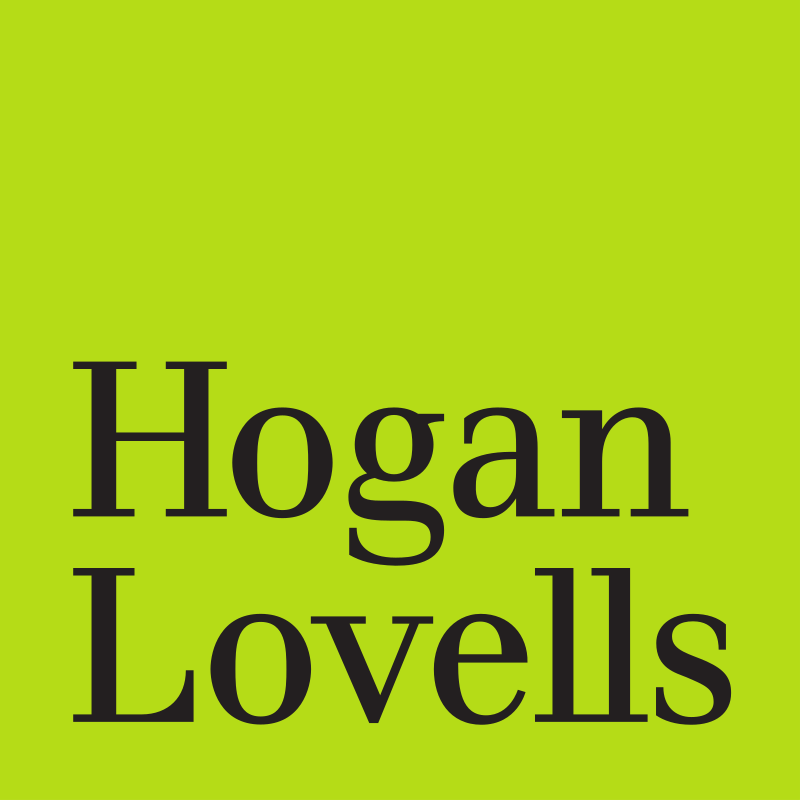Improving Voter Representation In DC's Elections
Objectives
At DC Appleseed, we make the District a better place to live and work. Through robust democratic participation and widespread voting, DC residents have their voices heard and improve our community.
DC Appleseed aims to analyze DC’s crowded primaries and split elections. Our goal is to increase the number of local races resulting in a clear majority and democratic mandate for elected officials while reducing existing racial and economic disparities in voter turnout.
• While DC has always been a heavily Democratic city, the party now routinely receives more than 90% of the votes in the presidential elections. In most DC races, the winner of the Democratic primary is the de facto winner of the general election, but that outcome is decided with only a small number of eligible voters participating (22.4% in the 2022 primaries) and no input from DC’s Republican or independent voters.
• One critical exception to primaries being the key vote is DC’s At-Large races. Section 401 of the Home Rule Act (“Charter”) states that no more than two of the four At-Large seats on the Council (excluding the seat held by the Chairperson) may be of the same majority political party. As a result, DC’s elections are split with most of the races decided in the primary, and the race for the one independent seat on the Council that is elected every two years being decided in November.
• An increased number of candidates (due in part to public campaign finance) means local officials often win their elections with a small plurality versus a majority of votes.
Challenges in DC Elections
Potential Solutions
In recent years, many jurisdictions considered and implemented electoral reform, examining the rules of their political system and finding ways to ensure those rules support effective, representative government and broad democratic participation. Local electoral rules determine how officials are selected: which candidates and political parties can compete and how voters are allowed to choose between them. Nearly unlimited options for improving DC’s elections exist.
Some potential options include:
(1) Instituting rank-choice voting;
(2) Holding non-partisan primaries (open primaries), with the top two (or three) finishers advancing to the general election;
(3) Holding runoff primary elections between the top two vote-getters if no candidate receives an absolute majority; or
(4) Eliminate the limitation in DC’s Home Rule Act on the number of At-Large seats that a political party may hold.
Note: DC Appleseed is non-partisan and independent. We do not have a position nor do we endorse any currently pending legislation or initiatives related to DC elections.
To Learn More About DC Appleseed’s September 2023 Voter Representation Convening and Watch the Video — click Here!
Improving Voter Representation in the District
Project Team
Co-Chairs
Project Team
-
Vanessa Batters-Thompson, Executive Director, DC Appleseed Center for Law & Justice
-
David Grosso, Partner, ArentFox Schiff
-
Mohammad (Muji) Ali: Associate, HWG
-
Sara Anis Ali: Student, University of Georgia
-
Jon S. Bouker, Partner, ArentFox Schiff
-
Katherine (Shelley) Broderick, Dean Emerita and Joseph L. Rauh, Jr. Chair of Social Justice at the University of the District of Columbia Law School
-
Courtney Brown: Partner, Gibson, Dunn & Crutcher
-
William T. Buffaloe: Counsel, O’Melveny & Myers
-
Jessica Bushman: J.D. Candidate, Harvard Law School
-
Alex Carozza: Senior Associate, Hogan Lovells
-
Karina Chatha: Student, University of Georgia
-
Deborah Chollet: Vice-Chair, DC Appleseed Center for Law & Justice
-
Nicole Cruz: J.D. Candidate, University of the District of Columbia Law School
-
Abby Dugan: Associate Attorney, Gibson, Dunn & Crutcher
-
Francine Friedman: Senior Policy Counsel, Akin Gump
-
Stephanie Garcia: J.D. Candidate, University of the District of Columbia Law
-
Elizabeth (Beth) Halpern: Partner, Hogan Lovells and Board Chair, DC Appleseed
-
Julia Hartman: Student, University of Georgia
-
Felicia Hernandez, Volunteer
-
Gaby Joyce, Volunteer
-
Rahul Kohli: Counsel, O’Melveny & Myers
-
Shweta Krishnan: Student, University of Georgia
-
Daniel Lautzenheiser: Associate, O’Melveny & Myers
-
Caleb Lux: Student, University of Georgia
-
Gillian Mak: Associate, O’Melveny & Myers
-
Lorelie S. Masters: Partner, Hunton Andrews Kurth
-
Camillo Morales: Policy Advisor, Akin Gump
-
Alan B. Morrison: Lerner Family Associate Dean for Public Interest and Public Service Law, George Washington University Law School
-
Sarah Phillips: Associate Attorney, Gibson, Dunn & Crutcher
-
Kareem Ramadan: Associate Attorney, Gibson, Dunn & Crutcher
-
Carly Reed: Associate, O’Melveny & Myers
-
Imani Roberson: Graduate, University of the District of Columbia Law School
-
William (Bill) R. Stein: Senior Counsel, Hughes Hubbard & Reed
-
Yusra Siddique: Associate, Barnes & Thornburg
-
Christopher (Chris) J. Wright: Partner, HWG

In the News








Thank You to Our Partners:
